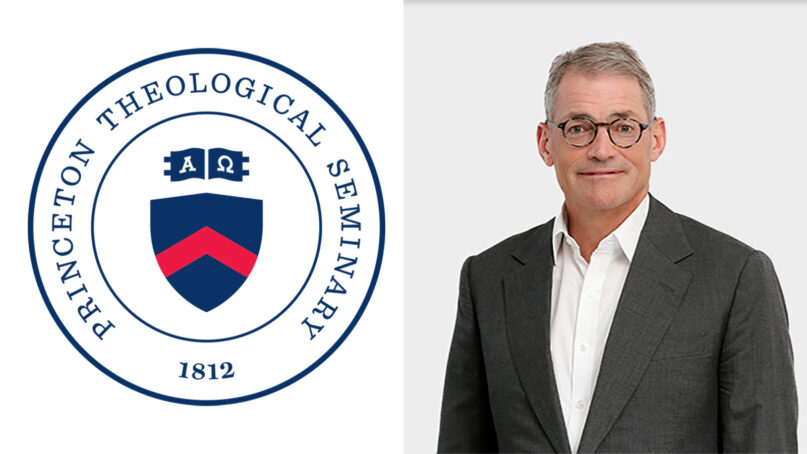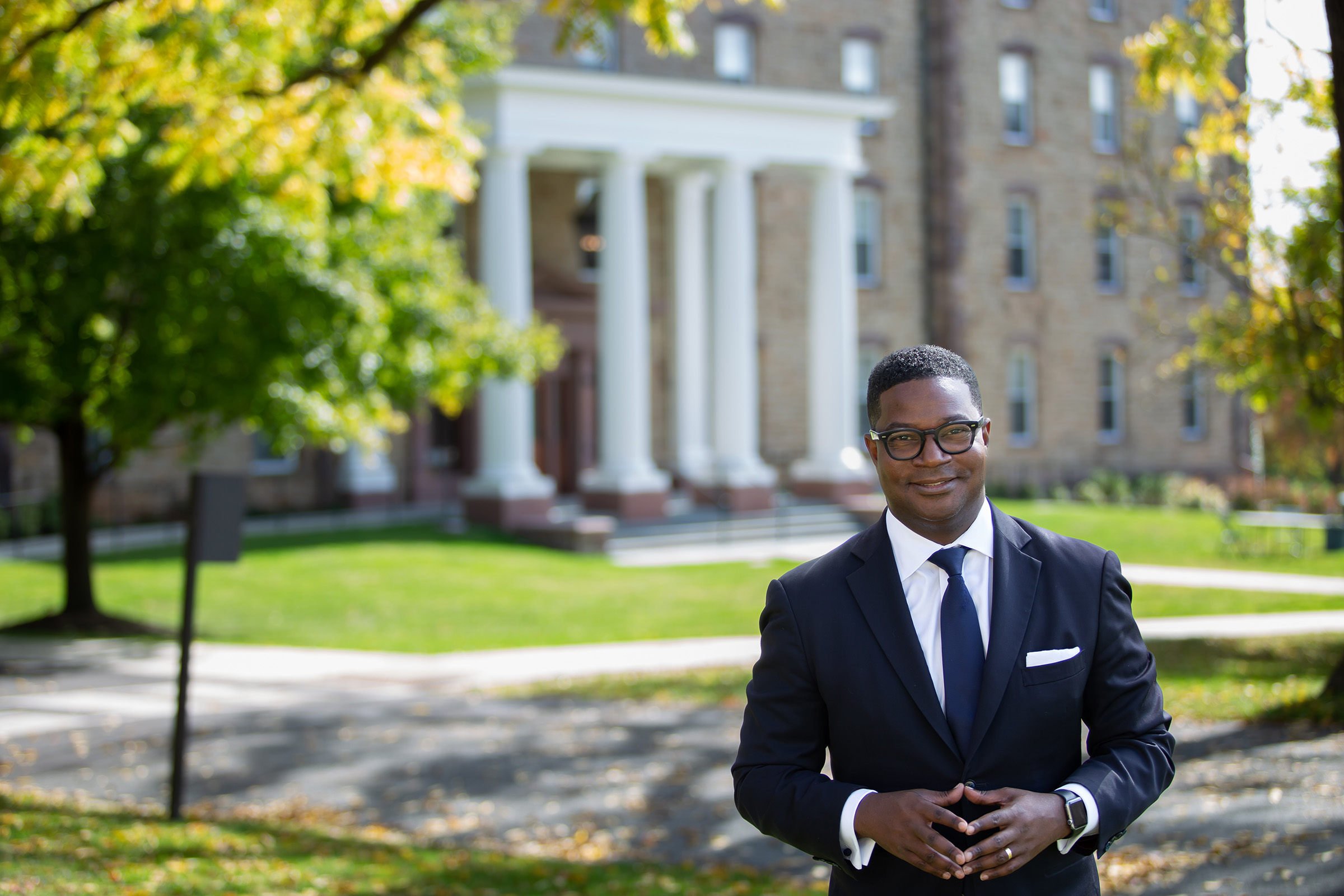CHRISTIAN CRIMINAL CAPITALI$M
Princeton Theological Seminary students, alumni seek ouster of trustee chair
‘The seminary needs a deeper reckoning,’ they wrote, ‘with its current relationship to and investment in modern systems of enslavement.’

(RNS) — Princeton Theological Seminary students and alumni have called on the educational institution’s leaders to oust the chair of its trustee board because of his ties to a company that charges high fees for inmates to communicate with people outside prison walls.
“We, the undersigned students and alumni of Princeton Theological Seminary, demand the immediate removal of Michael Fisch from the Board of Trustees, as well as the adoption of deliberate and transparent policies on appointing and maintaining board members who reflect the anti-slavery theological commitments of the seminary,” reads their letter to President Jonathan Lee Walton and the board of trustees.
The March 14 letter was released by Worth Rises, an organization focused on “dismantling the prison industry,” and included more than 300 signatures.
Fisch is a founder of American Securities, a private equity company that owns ViaPath, a large prison telecommunications company. Such companies, the letter writers say, “charge as much as $15 per 15-minute phone call, essentially monopolizing commissions extracted from impoverished families and captive consumers.”
A spokesperson for American Securities, which also owns household appliance companies, declined to comment when asked for a response from the company or from Fisch, a managing director of its investment team.
Princeton Theological Seminary declined to comment on American Securities but provided a statement from Walton, who became the seminary’s first Black president on Jan. 1.
RELATED: Scholar and preacher Jonathan Lee Walton named next president of Princeton Seminary
“I recognize the complicated web of injustice we face in our society and believe that Princeton Theological Seminary can and should be a leader in addressing injustice in all its forms. As an institution, we must continue to strive for greater transparency and ethical responsibility including shared governance,” he stated.
“As I continue to embrace my new role as President, I look forward to ongoing engagement with the Seminary community across various issues with deeper reflection and action.”

The Rev. Jonathan Lee Walton. Photo courtesy of Princeton Seminary
On its website, ViaPath describes its mission as “to help break the cycle of incarceration through transformative technology and services for incarcerated individuals, their support network, correctional agencies, and returning citizens.”
Princeton alumni and students — including some who have worked with imprisoned people and their families as chaplains, counselors and social workers — say the company gains profits more than it improves connections for people in prison.
One of the signatories, the Rev. Erich Kussman, spent a dozen years incarcerated before gaining his M.Div. from the seminary in 2019.
“The Seminary’s involvement in the carceral state is antithetical to its mission and antithetical to the Gospel of Jesus, which liberates the marginalized and oppressed,” he said in a statement.
“How can it now claim to engage in a system that is out of step with the world, racially biased, and diverts resources from effective public safety investments? It can and must do better. The removal of Michael Fisch is a necessary first step.”
Added Bianca Tylek, executive director of Worth Rises: “We should not elevate and celebrate people who build their wealth preying on the most vulnerable in our society with prestigious positions that require moral integrity.”
The signatories affirmed the seminary’s 2016 decision to analyze its historic links to slavery and welcomed the removal of the name of anti-abolitionist and slaveholder Samuel Miller from the school’s chapel.
They said they considered their request about Fisch as another step toward accountability, echoing previous requests by on-campus organizations of seminarians and other students who have sought greater transparency about the school’s endowment.
“The seminary needs a deeper reckoning,” they wrote, “with its current relationship to and investment in modern systems of enslavement, dispossession, displacement, environmental degradation, and violence, in local and global contexts.”
No comments:
Post a Comment